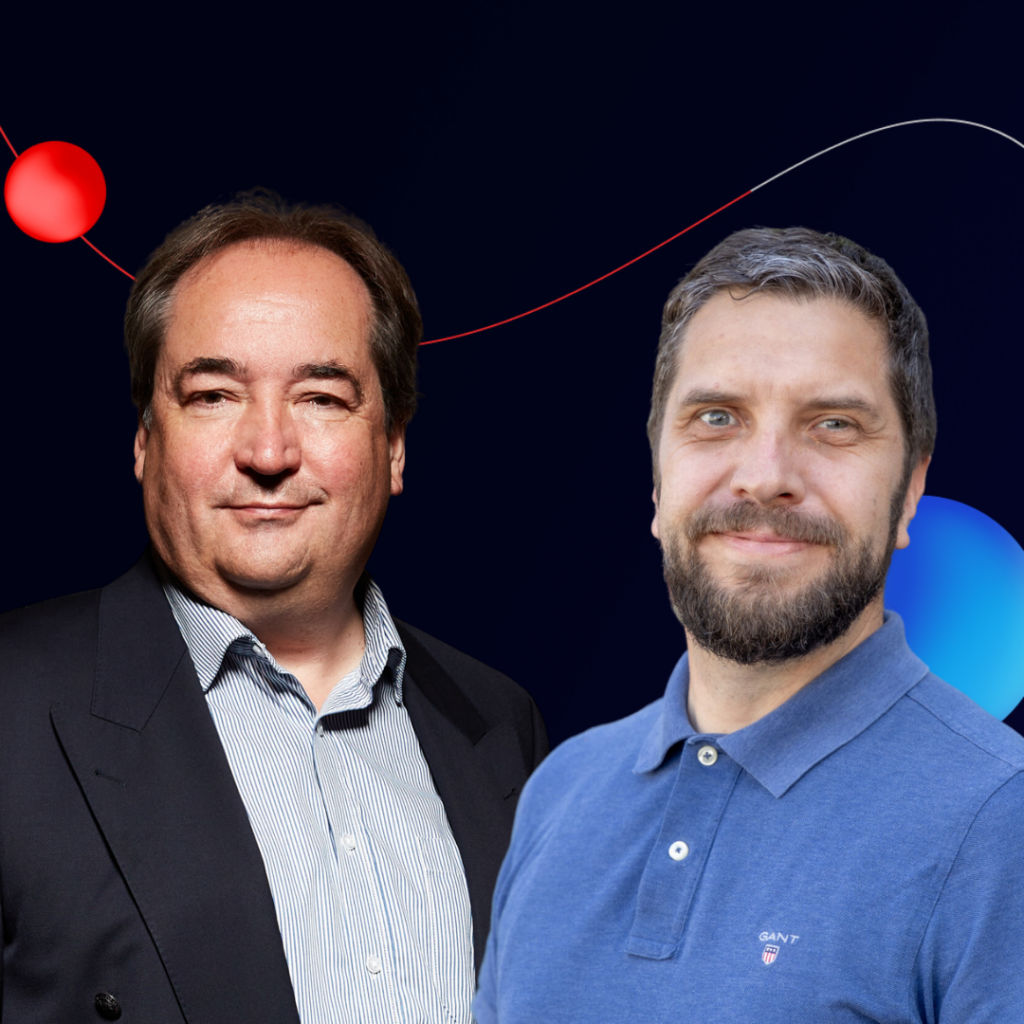SciLux podcast – Alexandros Gerakis on Lasers and Plasma
12 November 2024

The Physics of Plasma
99% of the universe is plasma. Improving our knowledge of plasma is therefore crucial to unlocking its potential and applications, from medicine to agriculture. Dr Alexandros Gerakis is carrying out cutting-edge research in this field using lasers, a technology that enables the precise control and manipulation of matter and is advancing our understanding of plasma.
Alexandros Gerakis a Senior Research & Technology Associate at the Luxembourg Institute of Science and Technology (LIST), focusing on Plasma Physics and Lasers.
Dr Gerakis holds a PhD in Physics from University College London, UK. Prior to joining LIST, he had a PostDoc at Harvard University, was an Associate Research Physicist at the Princeton Plasma Physics Laboratory and an Assistant Professor (currently an Adjunct Professor) at the Department, Texas A&M University, leading the “Optical Probing & Manipulation” Group.

Listen to Dr Alexandros Gerakis to explore the fascinating applications of lasers, from diagnostics to manipulation of matter, and the vast potential of plasma in fields ranging from nanofabrication to fusion energy.
Listen to the new SciLux episode
FRAGOLA project
FRAGOLA is an innovative laser technology project submitted in 2022 by the LIST to the Luxembourg National Research Fund (FNR), granted €2 million in funding.
FRAGOLA stands for “FRequency AGile Optical Lattices” and the funding was awarded to Dr Alexandros Gerakis as part of FNR’s ATTRACT programme designed for researchers not yet established in Luxembourg, able to demonstrate potential in becoming leaders in their field of research.
Dr Gerakis, LIST’s Principal Investigator of FRAGOLA outlined the goal the project. “It aims to deliver by the end of its duration, a complete laser diagnostic solution for neutral and plasma flows. This will not only be the first-of-its-kind demonstration of such capabilities, involving a deep understanding of light-matter interaction, but also develop state-of-the-art laser instrumentation to be able to tackle the task”.
Laser based diagnostic techniques are promising replacements for mechanical probes offering numerous advantages such as non-intrusive, non-perturbative and non-destructive capabilities, fast acquisition times, and more precise measurements of quantities of interest such as temperature, density, flow velocity etc.
Dr Gerakis explained that this project will enable LIST to “jumpstart its activities into advanced laser-based diagnostics used for neutrals, plasmas and nanoparticles, and develop unique expertise, knowledge, tools and know-how, placing LIST and Luxembourg at the centre of relevant research activities on a world-wide scale”.
A podcast to highlight research made in Luxembourg
Research Luxembourg and SciLux have teamed up to launch a new series of podcasts showcasing science in Luxembourg and beyond.
With a new episode every 2 weeks published, ‘SciLux powered by Research Luxembourg’ will showcase research activities and scientific cooperation in Luxembourg.










